Student Blog
Life Hacks
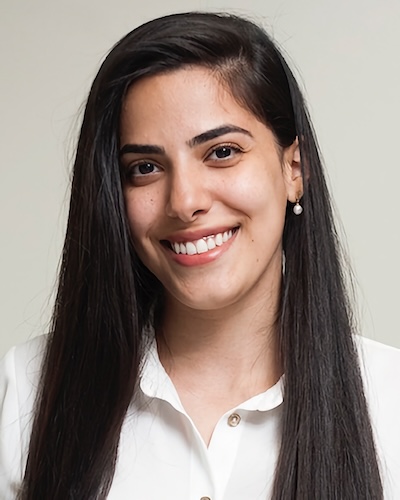
Personal Statements: What Helps? ⟩
November 21, 2017, by Linah
Admissions Life Hacks
One of the most stressful things that comes along with applying to undergraduate and graduate programs is writing a personal statement. The rules aren’t that clear when it comes to these things, and everyone has a different perspective on what a personal statement ought to be. I have been working on my own PhD personal statement for the past few weeks and it has been a challenge. Mainly because at this point of the semester my energy levels have been dwindled to a speck, and we still have about 3 more weeks to push through.
Since this is very important to me, I find myself being highly critical of everything I produce. This does not help at all with my time constraints, because I keep throwing out every rough draft I come up with. A feeling that might be familiar to many and counter-productive to all. In an effort to gain better perspective, I ventured on to ask fellow friends and faculty about helpful elements to incorporate in a personal statement. Here are some of the advice I received:
Find A Way To Highlight A Unique Point
For starters, many think it is helpful to separate myself from the rest by highlighting something unique about myself or background or past experience. It helps to try to see things from the admission committee’s perspective, being an international student offers a lot to draw from. A friend recommended to use past work experiences to showcase my own abilities and skills, how well I performed something or highlight skills I mastered during that time. It will not be enough to just state where I worked before, because that information is attainable through the CV attached with the personal statement. No need to be redundant. It would make more sense to talk about with whom I worked and what were my responsibilities during that time, and then mention how that particular experience has shaped me into the occupational therapist I am today.
Describe How The Program Will Help You Achieve Your Goals
A colleague suggested that by talking about my own experiences, I can transition into talking about what the program itself offers to further build on it. This way I am able to specify which courses I am interested in and maybe even professors I am eager to work with. It would also be helpful to write about my own plans for myself in the future and perhaps explain how the program would help me achieve them. This would be a good opportunity to explain why I chose this specific program, because that is an important part of any personal statement.
Make It Personal, But Make Sure To Address The Prompt
I reached out to some of the faculty for advice, and the main piece of advice I got was to view the personal statement as a way to tell the admissions committee who I am. In other words, it is important to demonstrate my personality. To prevent myself from making the statement too personal, I try to always reel back to the prompt provided. This way, I can stay on topic. It is also another point that was mentioned by one of the faculty members here in USC; to make sure I address the prompt.
Have It Reviewed By Friends & Family
In order to make sure I review my personal statement properly, I asked fellow friends or family members to proofread it for me. Their feedback is crucial because from there I can tell whether or not I was able to communicate my thoughts well. It is also an effective way to weed out any spelling or grammatical errors, which can really dampen a personal statement if not attended to.
Lastly, the gist of the advice I got was to make a good case for myself as to why I should be accepted. This means writing compelling arguments and making sure to back them up with evidence from my resume or recommendation letters. In other words, a personal statement is what ties the entire application together, so better make it worth it.
⋯
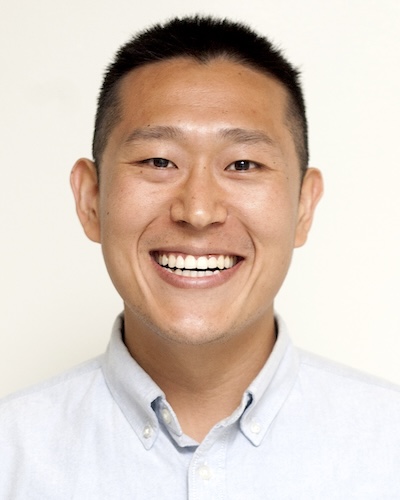
I Turned 27 Last Thursday ⟩
November 13, 2017, by Bryan
Life Hacks What are OS/OT?
Maybe it is a mixture of interacting with older patients at fieldwork, dinner with my grandma for my birthday, or slowly realizing that OT school will be over in another semester, but I have been reflecting a lot on where I am going.
I know, a scary topic for us all.
From early on, my career goals were clear: find a job that provides financial stability. It is interesting how much of this mentality has shaped me today, and while I am really grateful for it, the older I get, the more I realize the importance of doing what I love. I remember receiving a card when I graduated undergrad from my cousin who was busy working on Wall Street. He is also the son of immigrant parents so can attest to a similar lived experience. I opened the card and immediately looked for the cash gift I expected. Nothing. What the heck. Should I even read the card? I was torn!
Upon reading the contents, however, I was even more surprised to reread advice I never really seemed to take seriously: follow what you are passionate about because that is what you will work hardest to be the best at. From that point forward came the discovery of purposeful paths, whether that meant running into a dead end, detour signs, or trudging through the side-brush to find another road entirely.
What am I most passionate about?
While the A+ answer might be Occupational Therapy(!), I think my greatest passion is to get to know people and help wherever I can. My career trajectory till now captures my own efforts to crystallize this very meta passion into a 9-5. I ran the 100000000m sprinting marathon of pre-med coursework believing that doctoring was the one and truest synonym for “helping others”. I utilized the beauty of storytelling to assist people find and purchase services or products that they might really need through marketing. My heart was the same all along and OT seemed like a perfect fit for it going forward.
I guess the question for you is what are you most passionate about? Does OT help you fulfill those passions? And if it does not, that is totally okay, there is so much purpose in exploring.
⋯
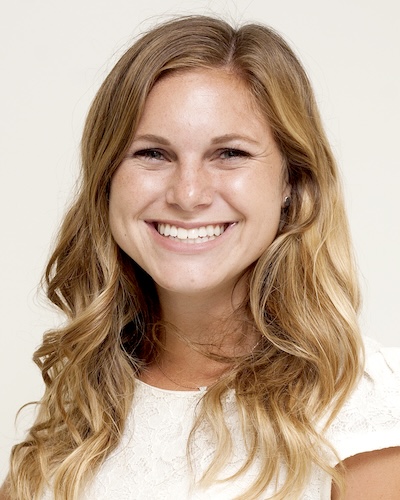
Falling In Love With A New Occupation ⟩
October 30, 2017, by Ali
Life Hacks Living in LA
With week ten of the semester comes midterms, unfinished projects, and the overall stress of finishing classes while choosing classes for next semester. I found myself getting caught up in the stress of it all, going straight from class to work to home only to continue studying or working until bed and then starting it all over the next day. Then one day last week, I came home to huge brown box on my front porch. My parents had mailed me a boogie board. They knew both how stressed I had been and my love for swimming in the ocean.
I had been talking for months about wanting to go to the beach on the weekend, but never found myself actually making the short twenty-minute drive. This surprise present was just the motivation I needed, as I have always wanted to take up boogie boarding but never actually knew how or owned the board. So last week, with October weather in Los Angeles being so warm, I took my new board to ocean! An eight five-degree weather day at the beach is hard to pass up.
The fresh air and salty water was the just the refresher I had been craving in the middle of the semester. It felt so good to do something like boogie boarding, which has no inherent value besides being enjoyable and fun. To engage in something purely for the sake of leisure without any productive value or in the hopes of reaching a goal, was something I had not done in a long time. There are so many occupations out there, and I am so glad I was reminded to try out a new one. I love being a beginner at something again and the joy of learning a new skill just for the sake of learning it. In the middle of occupational therapy school this semester, I was reminded of the power of occupation and the therapeutic value that meaningful activities have on our lives. I am feeling ready to take the rest of the exams and projects I have ahead (with my boogie board in my hand).
⋯

All I Do is Study for Adult Rehab ⟩
October 20, 2017, by Bryan
This semester feels like the culmination of my graduate school study skills. Speeding towards my own head-on collision with our midterm next week, I wanted to take a minute and share a few tips for getting the most out of the Adult Rehabilitation immersion course (though most of these can be applied to any course in our program).
- Talk to faculty. Whoever you receive as your instructor for the Adult Rehabilitation Immersion is a well of knowledge and wisdom. Talk to them and ask them to explain their reasoning and thought processes (i.e., ask Jane for more stories!). It is so helpful to paint a broader picture of how varied the specific injury or diagnoses might present itself in practice and the intervention/treatment ideas for each case scenario.
- Pay attention in lecture. While this sounds like common sense, lecture proved to be particularly important for me not necessarily in order to be exposed to the material for class, but to better understand how to use the information in our reading to treat patients. Building upon tip #1, the greatest thing about lecture is learning the faculty’s clinical reasoning and what observations they might expect from the patient when they hear the diagnosis of a C7 full spinal cord injury or stage 2 edema on the upper extremity. Understanding the information is just part of our job as clinicians, we must also know how to choose appropriate and attainable goals as well as treatment plan the “just right challenge” for our clients based upon a chart review and evaluation. Listening and asking the simple question, “what would you do and why would you do that?” helps prepare our own reasoning skills as students and future clinicians.
- Study consistently. I was less-than-half-probably-zero-percent-joking in my title because most of my time is actually devoted to threading through the dense material for the immersion. Amidst a jam-packed schedule, it has been an important habit to spend some time each day reviewing hip precautions and how to perform sensation testing because it takes a lot of practice and exposure to wrestle through and understand the “why” behind these procedures and information.
- Practice at fieldwork. This tip totally depends on where you are placed! I am currently at an inpatient rehabilitation unit and I have the opportunity to see most of what we talk about in class during my fieldwork day. But regardless of setting, make sure to ask questions and take initiative in practicing treatment planning and task analysis of ADLs with your CI and patients. I think something to keep in mind is to remember that you will be working with these same patients in Level 2 FW and post-graduation, so continuously be working on bedside manner and interpersonal communication.
I hope these tips help put some perspective on this immersion! Being dropped into all the information that comes with it. Study hard and enjoy the process!
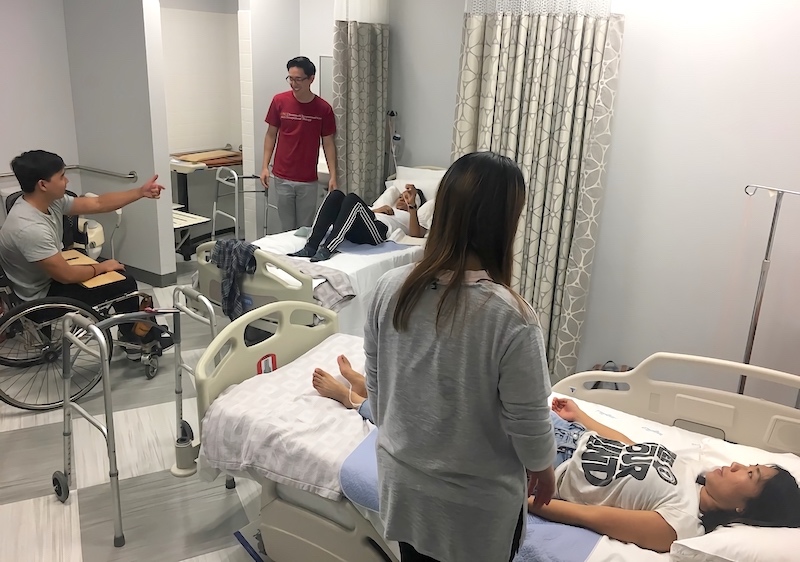
What better way to spend Thursday nights than having transfer parties?
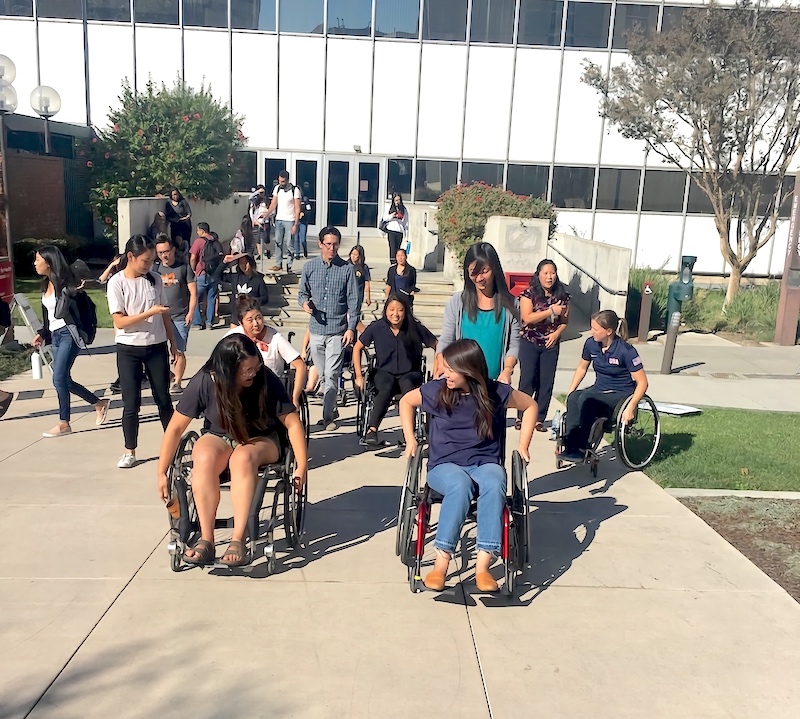
Learning how to maneuver wheelchairs!
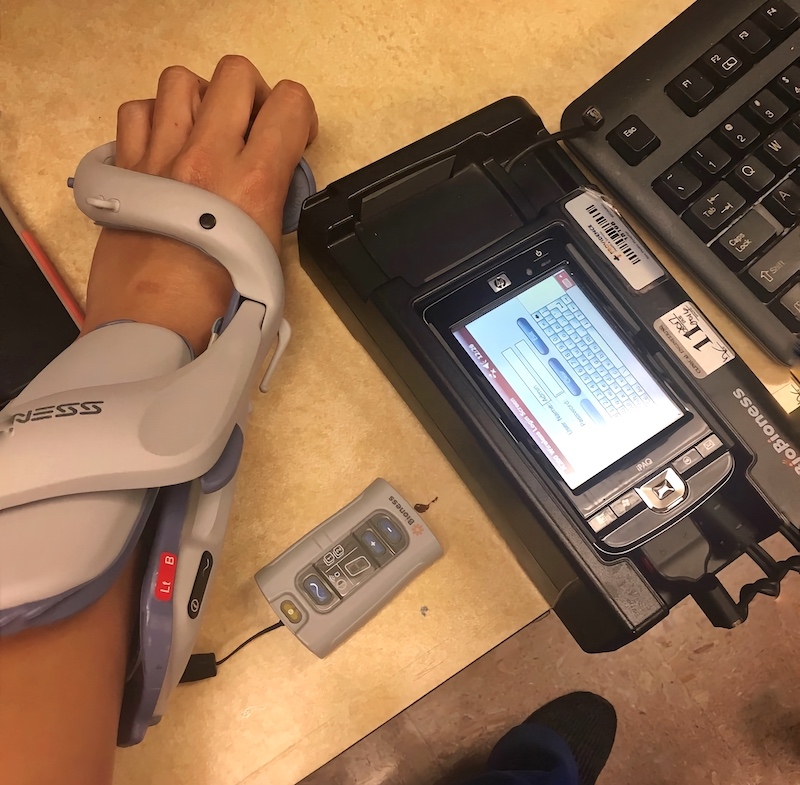
Trying out an estim at fieldwork
⋯

A Summer of Lessons From Master Wu ⟩
September 28, 2017, by Bryan
Fieldwork Life Hacks
I never liked kids. Maybe it was growing up as an only child, or not liking loud noises or when things get too messy (sensory sensitivities . . .), I always distanced myself from having to interact with a child more than a quick smile or wave.
With that said, this past summer I spent my 12 weeks getting to know and treating children ages 4-11 at Stepping Stones Therapy Network, a pediatrics clinic in Seattle, WA. I took advantage of the out-of-area fieldwork request and took the opportunity to work in one of my favorite cities.
While I am planning to elaborate more on the process of securing an out-of-area level 2 placement and tips throughout the process in a future post, I wanted to share a few ways in which I grew as a clinician, student, and person after completing my Level 2 FW.
- I was so prepared! I cannot stress this enough. If you put in the work throughout the semester to learn the material and listen to faculty’s tips and tricks from their own practice, you will be ready for all that comes with Level 2 FW. The hardest part about Level 2 was not the clinical reasoning needed to observe and assess a client from the multitude of OT models of practice (Sensory Integration, Biomechanical, etc.), rather the ins and outs of learning how the clinic operates and becoming more proficient with administering and scoring assessments. One of the major encouragements my clinical instructors gave me was regarding my documentation skills which I directly attributed to the fact that I was taught the OT lens in class through the case studies we discussed and from faculty’s own stories and reflections.
- The learning does not stop. Even though I had no examinations or quizzes to study for, I spent each evening looking up treatment ideas for my clients the next day, documenting on the clients I saw that day, watching YouTube videos of BOT 2 administration for my evaluation later that week, reviewing Handwriting Without Tears, all the while trying to learn the names of Ninjago characters to better connect with the kids. Fieldwork is definitely full time!
- I learned to have a BLAST on the weekends! The good thing about fieldwork is that you do not have to feel the dull (sometimes sharp) pressure of an upcoming exam that impedes your ability to just hang out and chill. I went on a lot of fun hikes and really explored Seattle which only helped me focus and perform better when I was at fieldwork during the week! I loved having a routine throughout the week: working, gym, meal prep, treatment planning, reading, and enjoying the city and friends I had during the weekends.
- Make it a priority to build a relationship with your clinical instructors and coworkers. I guess this point was easy for me this summer because I was truly blessed with amazing CIs and coworkers who were not only skilled OTs, but also mindful instructors, carefully pacing my growth as a student and clinician. I wanted to be intentional with asking them about treatment ideas and career advice moving forward. What steps should I take to go into inpatient pediatrics? What do you like about working at a peds clinic? What certifications should I pursue?
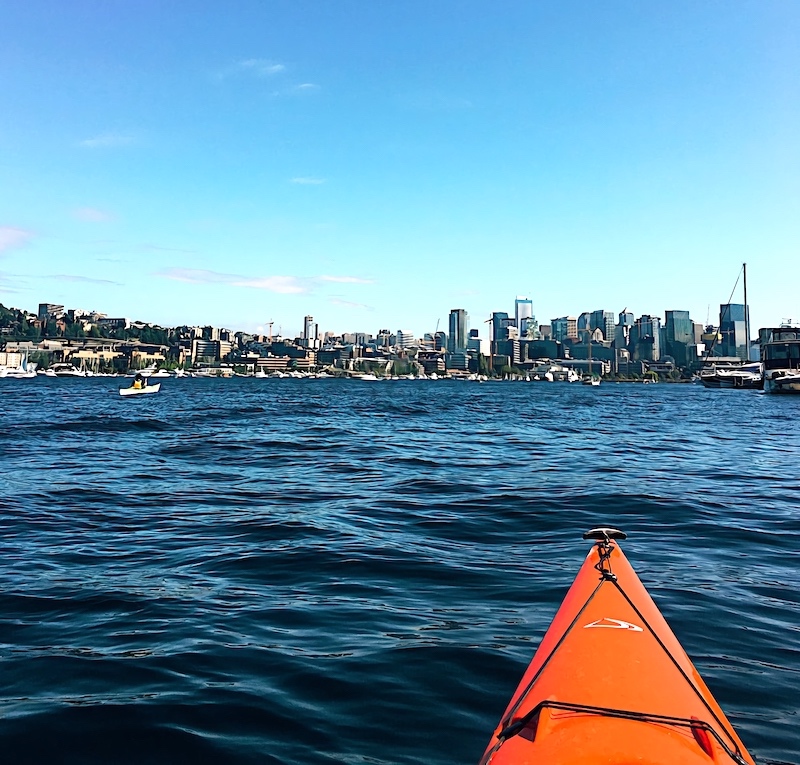
Kayaking Lake Union on Weekends

Hiked Heather Lake in June
Seattle summer weather is unreal . . .
⋯





